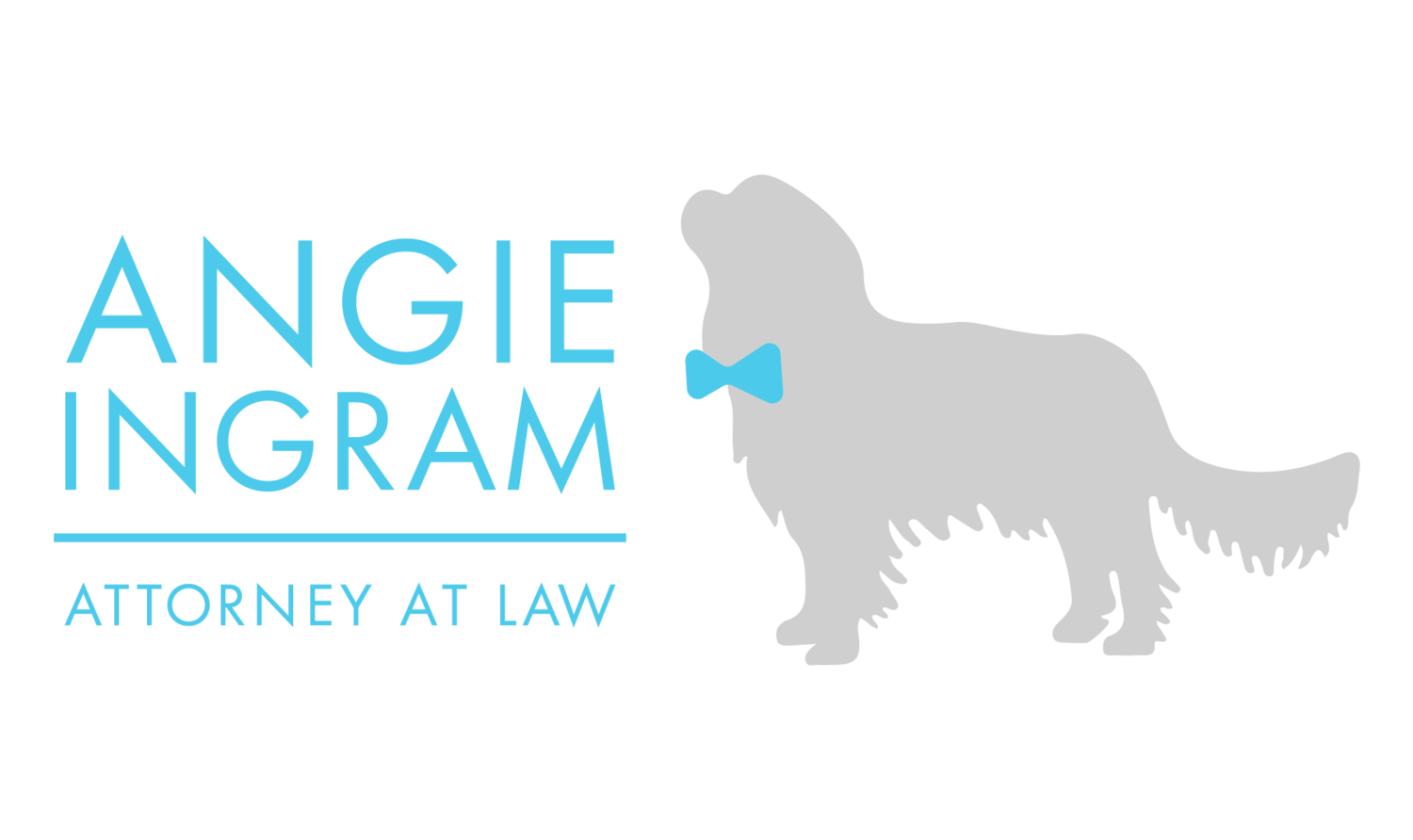“Fur” Housing (Part 2 of 2)
Macallan and Posh, the Service Dogs
Follow Macallan on Instagram: @macallan_ the _service _dog
Assistance Animals and the Fair Housing Act Part 2 of 2
We continue our discussion about Assistance Animals and the Fair Housing Act - See Part 1.
Reasonable Accommodation Requests for Assistance Animals
Although the request does not have to be in writing, the landlord may request that the request be put in writing as part of those procedures for verification purposes.
The Readily Apparent Standard
When a request for an assistance animal is made, the landlord should first determine whether the elements necessary are readily apparent:
1. Is it readily apparent that the person making the request meets the definition of handicap under the FHA?
and
2. Is the need for the requested assistance animal apparent?
The perfect example of this would be a blind person with a guide dog. Thus, the test is met because it is readily apparent the person is blind AND it is readily apparent that the dog is needed to assist the person with the disability. In this case, there would be no need to investigate or obtain documentation prior to granting the request.
You will rarely get such an easy scenario. When it is someone requesting an accommodation for an emotional support animal, it is unlikely that either the disability or the need will be readily apparent. Documentation should be obtained for those areas that are not readily apparent. As a whole, the documentation process should be consistent.
It's important to remember, the landlord can never ask "What is your disability?"
The landlord should utilize forms to document the process of gathering and verifying information. There are three forms a landlord can use as part of the animal assistance request:
1. Resident's Request for Assistance Animal
2. Animal Identification Form
3. Verification for Assistance Animal
Resident's Request for an Assistance Animal
This form sets out the definition of handicap and requires that the resident sign and verify that they are aware of this definition, that they qualify as an individual with a disability, and that the requested assistance animal is necessary to provide assistance with their disability.
If the person making the request already has a note, letter, prescription, or other documentation from a medical professional, health or social service professional, it is not necessary to give this form to the resident.
Animal Identification Form
This form allows the resident to provide identification information on the animal. It also sets out information regarding animals not being allowed in common areas unless on leash or an approved device based on the animal's certification, they may be restricted from certain areas, the owner is responsible for cleaning up after the animal and for any damage caused by the animal, and that they may not disturb the peaceful and quiet enjoyment of the other tenants.
Verification for Assistance Animal Form
This form is the most critical in the process of determining whether to grant a reasonable accommodation request. The landlord should use this form unless the resident provides them with something in writing from the medical provider. However, the form should still be utilized as a checklist when verifying the information.
The landlord is allowed to confirm the following when speaking with the medical professional who signed the form or letter provided by the resident:
1. The provider is the person that signed the document
2. The person who signed the document understood what they signed
3. After reading the the definition of handicap to the provider, the provider confirms the person meets the definition of handicap and
4. The provider confirms there is a connection between the disability and the need for the animal.
Request Approved or Denied
Once everything is verified, put the approval or denial for the request in writing.
What happens when you're unable to verify the information?
There may be times when the landlord is unable to verify the information because the provider fails to respond. When that happens, the landlord may go back to the resident and give notice that the request can't be granted until verification takes place in writing. The resident may want to assist in getting their provider to respond so the request can be fully evaluated.
Pet Fees, Deposits, Animal or Breed Restrictions
Once the reasonable accommodation request is granted, the landlord may not charge any pet fees, pet rent, pet deposits or other fees relating to the assistance animal. They may not restrict the assistance animal on the basis of size, weight, breed, or other criteria, unless restricted by law.
Specific Denials of Assistance Animals
A landlord can deny a request for an accommodation for the following reasons:
1. The specific animal poses a threat to the safety and health of others and it can't be reduced or eliminated by other accommodations
2. It is determined that a specific animal has a history of validated reports of nuisance, property damage, or physical damage to other persons or animals and there is no way to reduce or eliminate the potential for future occurrences
3. If granting the request would impose an undue financial or administrative burden, or would fundamentally alter the nature of the housing provider's services.
Residents with assistance animals that violate rules, cause damage, or cause a nuisance are still subject to the same eviction processes and fines as any other resident.
Thank you to our friends Abigail Witthauer of Roverchase Academy, Macallan the Service Dog, and his sister, Posh the Service Dog.

